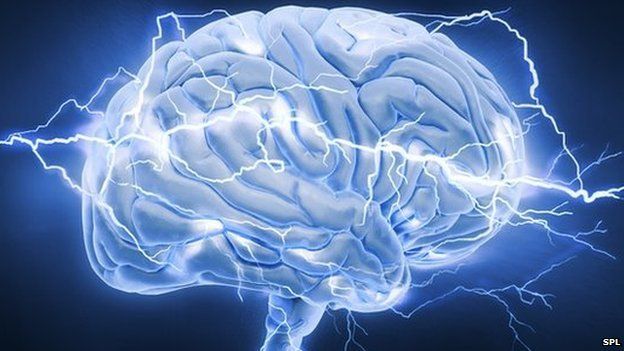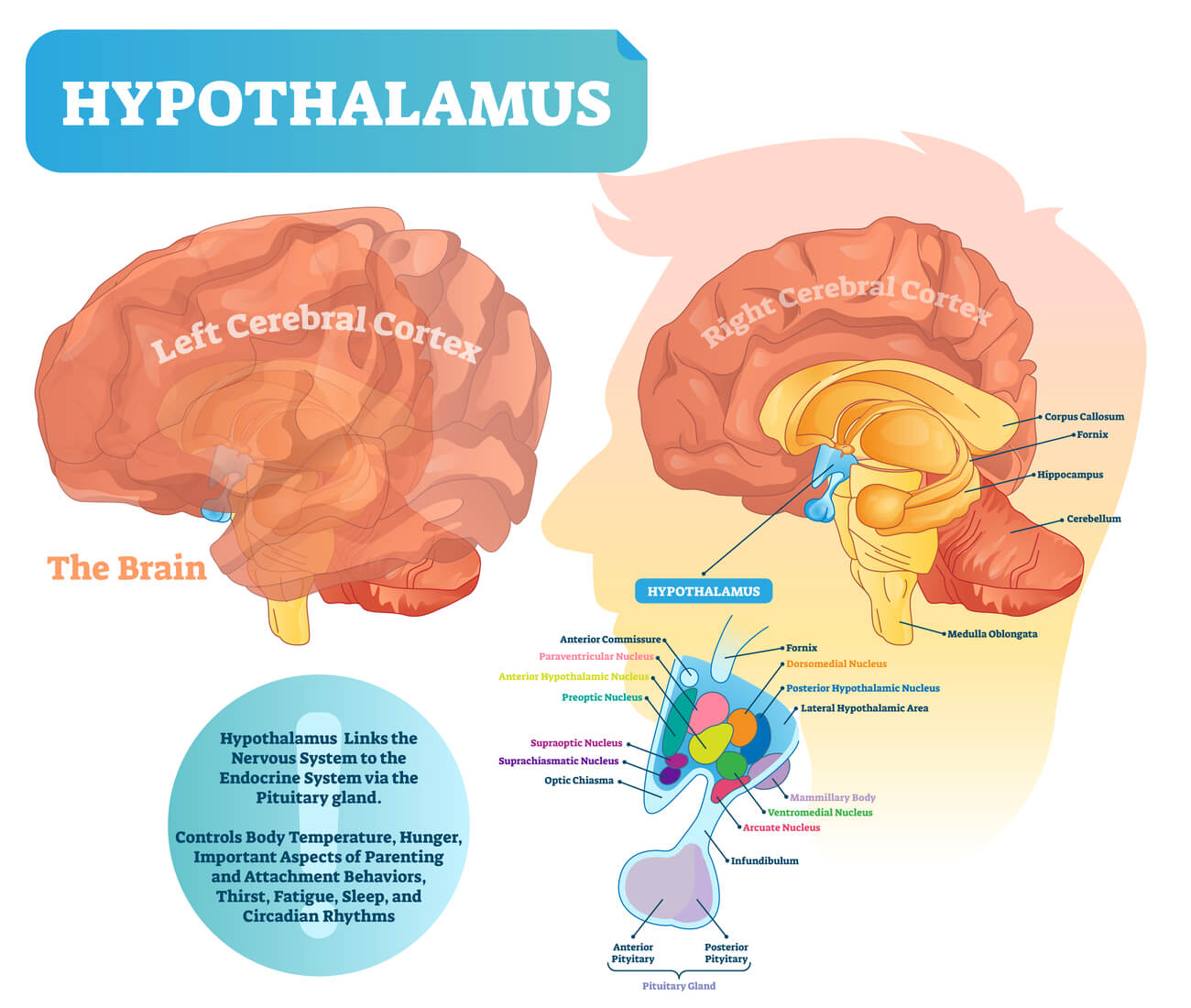Activation in some parts of the brain can generate stimulations to the heart butterflies in the stomach some symptoms we sometimes feel as a manifestation of the heart may sometimes be coming from the brain

Activation in the Brain: The Surprising Connection to Heart and Stomach Sensations

When we experience strong emotions or deal with stressful situations, we often feel a variety of physical sensations in our bodies. It’s common to describe these feelings as having “butterflies in the stomach” or a fluttering sensation in the heart. But have you ever wondered where these sensations actually come from?
According to scientific research, activation in certain parts of the brain can generate stimulations to the heart and produce those butterflies in the stomach. In fact, some symptoms that we sometimes attribute to the heart may actually be originating from the brain.
One key player in this fascinating phenomenon is the hypothalamus, a small region located deep within the brain. The hypothalamus is responsible for regulating various bodily functions, including heart rate, blood pressure, and the release of stress hormones. When we experience anxiety or excitement, the hypothalamus sends signals to increase our heart rate and prepare our body for action.

Another important connection between the brain and the heart lies in the autonomic nervous system. This system is divided into two branches: the sympathetic nervous system, which prepares the body for stress or danger, and the parasympathetic nervous system, which helps the body to relax and recover. These two branches work in tandem to regulate various bodily functions, with the sympathetic system being responsible for increasing heart rate and the parasympathetic system for slowing it down.
When we experience strong emotions, the brain’s activation triggers the sympathetic nervous system to heighten our heart rate, leading to the physical sensations we feel in our chests. This is often accompanied by increased blood flow, which can create a sensation of fluttering or pounding in the heart.
Interestingly, the brain’s influence on our physical sensations doesn’t stop at the heart. The same activation that stimulates our heart can also affect the stomach. The brain and the gastrointestinal system are interconnected through a complex network of nerves, commonly referred to as the “brain-gut axis.” This connection allows the brain to influence digestive functions and can give rise to sensations like butterflies or knots in the stomach.
Understanding the link between the brain, heart, and stomach sensations is not only intriguing but also has significant implications for our overall well-being. It highlights the importance of managing stress and maintaining a healthy mental state to promote better heart health and digestive functions.
In conclusion, our body’s physical sensations, such as the fluttering heart or butterflies in the stomach, may not always be solely attributed to the actual organs themselves. Activation in certain parts of the brain can generate stimulations leading to these sensations. By acknowledging this connection, we can better understand the intricate relationship between our brain and our body, paving the way for improved self-awareness and overall health.
Source: The Active Times
Tags
Share
Related Posts
Quick Links
Legal Stuff

